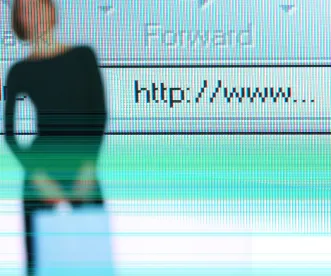This month, Virginia enacted a law designed to make it easier for victims of anonymous Internet defamation to bring suit against those who have defamed them. Virginia House Bill 1635 maintains Virginia's one year statute of limitation for defamation actions but provides that "[i]f a publisher of statements actionable under this section publishes anonymously or under a false identity on the Internet, an action may be filed under this section and the statute of limitations shall be tolled until the identity of the publisher is discovered or, by the exercise of due diligence, reasonably should have been discovered."
Initially, the measure was drafted by Virginia attorney Andi Geloo, who brought a defamation action against anonymous posters to the Fairfax Underground website who disparaged her legal skills in decidedly racist and sexist language. After the Circuit Court for Fairfax County, Virginia quashed Geloo's subpoena seeking the poster's identities from the Internet Service Providers (ISPs), the lawsuit was dismissed when Geloo was unable to otherwise identify the defendants prior the running of the one-year statute of limitations.
The reform should make it easier for victims of Internet defamation to recover for damages resulting from such conduct. Federal law provides a broad immunity for website operators that publish statements crafted by third-parties, so a victim of Internet defamation typically has no recourse except against the individual posters who created the content. Most of those posters post anonymously, so plaintiffs have to engage in some sleuthing to discover their identities within the year provided to bring suit. Virginia's new law gives those plaintiffs some breathing room, as long as they are diligent.




 />i
/>i
